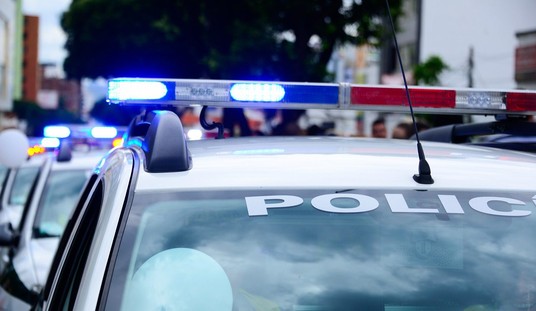If my guns were to be stolen tomorrow, the first thing I’d do is call the police as soon as I knew. After all, I’d want the police to be able to act quickly. I’d also want to make sure my guns don’t somehow tie me to any crime.
However, there are plenty of reasons stolen guns aren’t reported including the fact that without the serial number, the chances of them being recovered is practically nil.
Further, many people don’t realize their guns are stolen until well after the fact. After all, they don’t handle their guns daily, so it could be months later before anyone even notices.
Yet a new law under consideration in South Carolina seeks to criminalize such things.
In the autumn of 2006, Elizabeth “Lizzy” Hafter, a 22-year-old graduate student, was shot twice in the head while she studied on a mountain overlook in Virginia. The man behind the trigger had stolen the murder weapon and the car he was driving from his roommate in Georgia, the first act of a multistate crime spree that left several people dead across the South. The roommate did not report the thefts to police for nearly a week, precious time lost to investigators.
“He could have been stopped if the gun owner had only reported the gun and car stolen,” Hafter’s mother, Joanne, wrote in a letter to a lawmaker in the years after her daughter’s death.
The letter was part of Joanne Hafter’s shoe-leather crusade to hold gun owners accountable for failing to promptly inform police about the theft of their weapons. Though her daughter was killed in Virginia, Hafter has focused her push in her home state of South Carolina, penning editorials, telephoning lawmakers, and even buttonholing a member of the state House at a local Costco. In 2015, Hafter’s campaign yielded a bill, dubbed “Lizzy’s Law,” but the measure stalled in committee.
Tragic as Hafter’s case may be, there’s no way anyone could know for certain that a phone call to the police would have stopped her murder. We also don’t know why, based on this account, the owner didn’t report it stolen. Did he even know his gun was missing? Did he have reason to believe it was only being borrowed?
That’s the problem with a law like this. It criminalizes people for simply being unaware a crime has even been committed.
Then, in addition to being out a gun that’s been stolen, the victims get hit with punishment by the state. It creates a double-whammy for someone who was robbed of their property.
No one is saying people shouldn’t report stolen guns to police. They absolutely should. If you don’t, then there’s zero chance of getting your guns back. Keep serial numbers somewhere secure so you can give them to law enforcement should they be stolen. This is just smart thinking.
But to punish people who have already been the victim of a crime? That’s wrong on every level. I thought “victim blaming” was out of fashion. I guess that only applies when you’re not a gun owner.








Join the conversation as a VIP Member